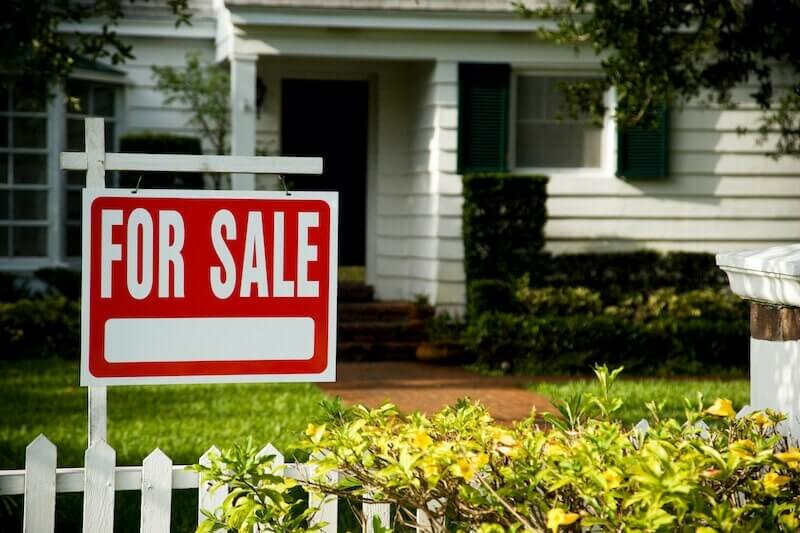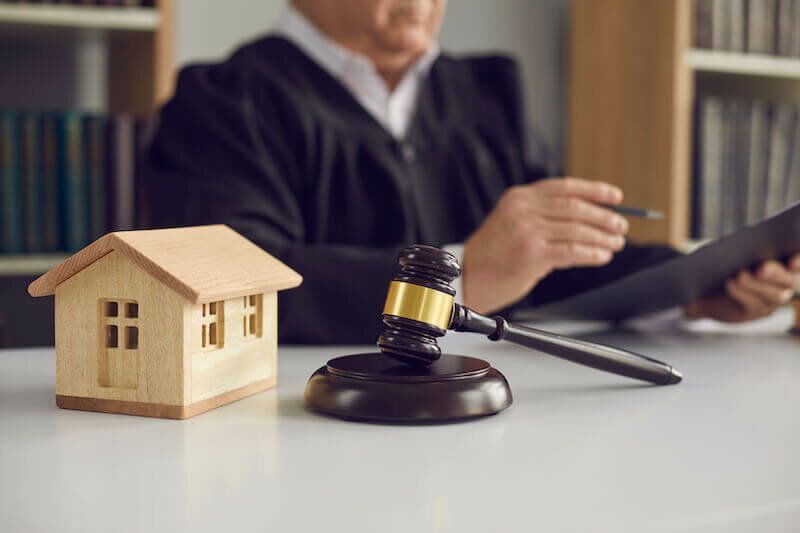When it comes to capital gains taxes, unless you live in a state such as Florida or New Hampshire that does not tax capital gains, you will be assessed on the profit made from the sale of a capital asset such as stocks or bonds, real estate, or a work of art.
The capital gains tax rate is currently 3.07% in Pennsylvania, which is relatively low compared to neighboring states Ohio and Maryland. Currently, the 10 states with the highest capital gains taxes are:
1. California (13.30%)
2. Hawaii (11.00%)
3. New Jersey (10.75%)
4. Oregon (9.90%)
5. Minnesota (9.85%)
6. Vermont (9.75%)
7. New York (8.82%)
8. Iowa (8.53%)
9. Wisconsin (7.65%)
10. Maine (7.15%)
The amount of capital gains tax you pay in Pennsylvania will depend on how long you owned the asset before selling it. Short-term capital gains are from assets held for one year or less and long-term capital gains are from assets held for longer than one year.
Although state taxes vary from state to state, in Pennsylvania the federal government taxes short-term capital gains as ordinary income tax, while long-term capital gains are taxed at the rates of 0%, 15%, and 20%. Other states that also tax capital gains as income include Illinois, Kansas, New Mexico, and South Carolina.
Which tax bracket you are charged at will depend on your taxable income and filing status. One exception to this is long-term gains on collectibles, such as coins or art, and precious metals which are taxed at a maximum tax rate of 28%.
In this article, we will look further into Pennsylvania capital gains tax, outlining what you need to know in relation to selling your house and any investment real estate you own.

Capital Gains On Selling Your House
The sale of a home can often yield tremendous profits, and since real estate is considered to be a capital asset you may well be asking yourself, “do I pay capital gains tax when selling my house?” If you are looking to sell your Pennsylvania home for a cash offer, consider looking for firms that buy your house in Pennsylvania.
If you are a homeowner looking to sell your Pennsylvania house, your capital gains could be exempt from tax thanks to the Taxpayer Relief Act of 1997. This act offers an exemption from capital gains tax on the sale of your primary residence of up to $500,000 for married couples filing jointly, and $250,000 if you are single.
For example, if the purchase price of your marital home was $500,000 in 2016 and you sold it in 2021 for $1.1 million, you would see a capital gain of $600,000. As a married person filing jointly with your spouse, you would be entitled to deduct $500,000 of the capital gain, leaving you with a taxable capital gain of $100,000.
To qualify for this exemption, you must have owned and occupied the residence for at least two of the last five years. The two years do not need to be concurrent, which means you can still qualify for the primary residence exemption even if you lived in your home intermittently, as long as you lived there for a total of 24 months over the last five years.
The rule also applies to the conversion of a rental property into your primary residence. Bear in mind the following restrictions:
· To qualify for the married couples exemption, both parties must meet the two-in-five-year criteria
· The exemption is only allowable once every two years
Capital Gains Tax On Investment Real Estate Sales in PA
Real estate can be classified as investment, rental or as your primary residence. How that property is classified will affect the way it is taxed on a sale. Unlike your home, an investment property in Pennsylvania does not qualify for any capital gains tax exemptions, but there may still be ways to reduce your overall capital gains tax bill.
Under Section 1031 of the U.S. Internal Revenue Code, known as the 1031 Exchange, deferrals of capital gains tax on investment properties are allowed when you reinvest the proceeds of the sale into buying a similar property of the same or greater value.
If you incur any capital losses in the tax year these can be used to offset any capital gain you may have made from the sale of your investment property. The 1031 exchange entitles you to indefinitely defer your taxable gain as long you keep reinvesting the proceeds of the sale into an eligible investment property. To qualify for the deferral of capital gains tax the following requirements should be met:
1. You must identify the replacement property within 45 days from the sale of your investment property
2. All the proceeds of sale must be reinvested
3. You must complete the purchase of the replacement property within 180 days from the sale.
While the rate of tax you will eventually pay depends on your income, it is worth noting that President Biden has proposed an increase in the top federal tax rate on long-term capital gains, raising it from 20% to 39.6%. Based on these proposals, this would push the combined capital gains tax rate in Pennsylvania to 46.5%. This is still lower than states such as Delaware, Montana, and Delaware which would have a top combined capital gains tax rate above 50%. California, New York, and New Jersey would have the highest combined rates at over 54%.
Do I Pay Capital Gains Tax When Selling My House?
Of all the questions to ask when selling a house, this is probably one of the most common. Working out whether you pay capital gains tax on the sale of your house depends on a number of factors including your marital status, the length of time you’ve owned and lived in the house, and whether it is your primary residence or not.
If you do not meet the criteria outlined in the section ‘Capital Gains on Selling Your House’, you may still be able to lower your tax bill on the sale of your house through the following strategies.
1031 Exchange
You can avoid paying capital gains tax on the sale of your house by taking advantage of a 1031 exchange discussed in the section above. By reinvesting the proceeds of your sale into a similar property, any capital gain you realize on the sale of your house can be deferred. Click here if you are selling a house after a natural disaster.
The new property must be for business or investment purposes in order to benefit from a 1031 exchange, so this would exclude a place of residence for your personal use.
Establish Your Second Home as Your Primary Residence
Since gains on primary residences and investment properties do not benefit from the same exemptions, you might be able to reduce the capital gains tax on the sale of your house by converting a rental property or second home into your primary residence.
This way, you can avoid paying capital gains tax on its sale as long as you live there for at least two years before you sell it. Request a cash offer for your primary residence with companies that are looking for homeowners that want to “sell my house fast in Philadelphia”.
However, the capital gains tax exclusion will only be allocated to the time in which the property was used as a principal residence and not as a rental property.
Deduct Costs
Make sure to keep a track of your expenses when selling your house as you can lower your capital gain by deducting costs such as repairs to your house, home improvements, marketing costs, legal and agent fees when selling, inspections costs and closing costs.
To sell your house without any agent fees or commission, consider looking for companies that advertise “we buy houses Tampa”.

Are There Capital Gains on Inherited Property?
If you inherit property, you will not have any capital gains tax liability at that point. However, the inherited asset may be eligible for capital gains tax when you sell or give it away. The amount of tax you pay is based on how much that asset has appreciated from the previous owner’s date of death to when you sold it or gave it away.
This means that if you inherit a property such as your parent’s house, you will not be automatically taxed by the IRS or owe any capital gains tax on the value of the house when it passes to you.
Instead, a ‘stepped-up basis’ is applied to the asset and its base price is set to its current value rather than what the previous owner paid for it. The higher this is, the better, since the amount you are later taxed will be the difference between the sale price and this base price.
There are many ways to reduce your capital gains tax liability on the sale of your house or investment property in Pennsylvania. However, given the proposals set out by the Biden administration relating to the top rate of federal capital gains tax, there could be an impact on both long and short-term capital gains, with both types of capital gain being taxed as ordinary income at the top income bracket.

 Call Us!
Call Us!